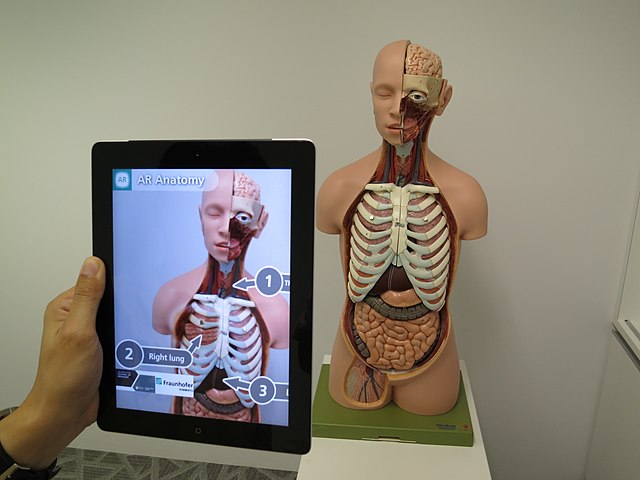
Using Virtual Reality in Healthcare
Virtual reality (VR) can be a powerful tool for healthcare professionals in a variety of ways. VR can be used for patient education, surgical training, pain management, and even as a tool for therapy and rehabilitation. By creating an immersive and interactive experience, VR can provide patients and healthcare professionals with a more effective and engaging way to learn, train, and treat medical conditions.
One significant advantage of using VR in healthcare is patient education. By using VR, healthcare professionals can create interactive and engaging educational experiences that can help patients better understand their conditions and treatments. For example, VR can be used to provide patients with a virtual tour of the human body, allowing them to see and understand how their conditions are affecting their bodies. This can help patients become more engaged in their own healthcare and make more informed decisions about their treatment options.
Another way VR can be used in healthcare is for surgical training. VR can be used to create realistic and interactive simulations of surgical procedures, allowing medical students and professionals to practice surgical techniques in a safe and controlled environment. This can help improve the quality of surgical training and reduce the risk of errors during real surgeries.
VR can also be used for pain management and therapy. By creating immersive and engaging experiences, VR can help distract patients from pain and discomfort during medical procedures. Additionally, VR can be used as a tool for therapy and rehabilitation for patients recovering from injuries or illnesses. For example, VR can be used to simulate physical therapy exercises, allowing patients to practice movements and build strength in a virtual environment.
Overall, virtual reality can provide a valuable tool for healthcare professionals. By providing patients with an engaging and effective way to learn about their conditions, improving the quality of surgical training, and helping patients manage pain and recover from injuries, VR can help improve the overall quality of healthcare and patient outcomes.
- May 12, 2023
- 12:16 pm





